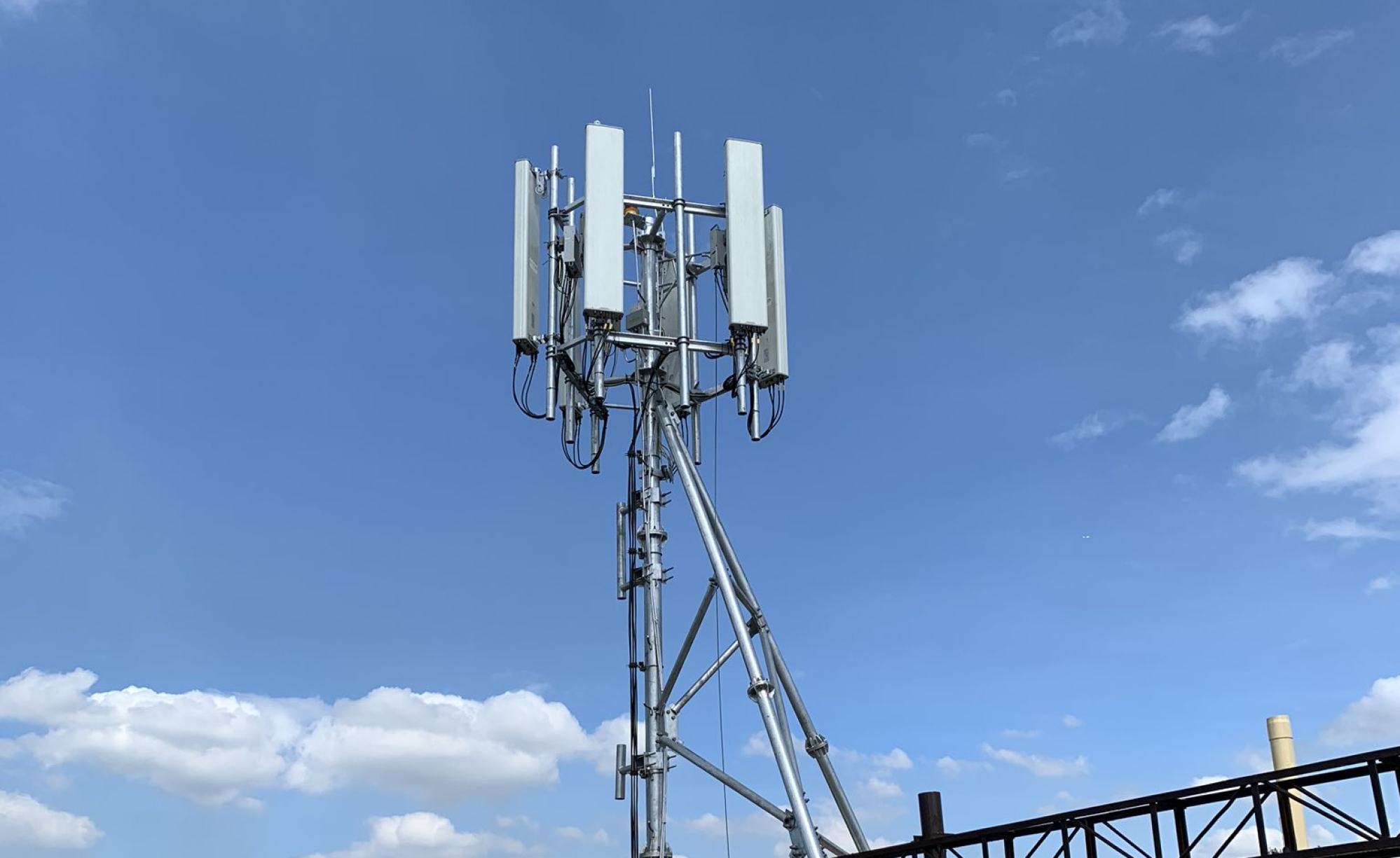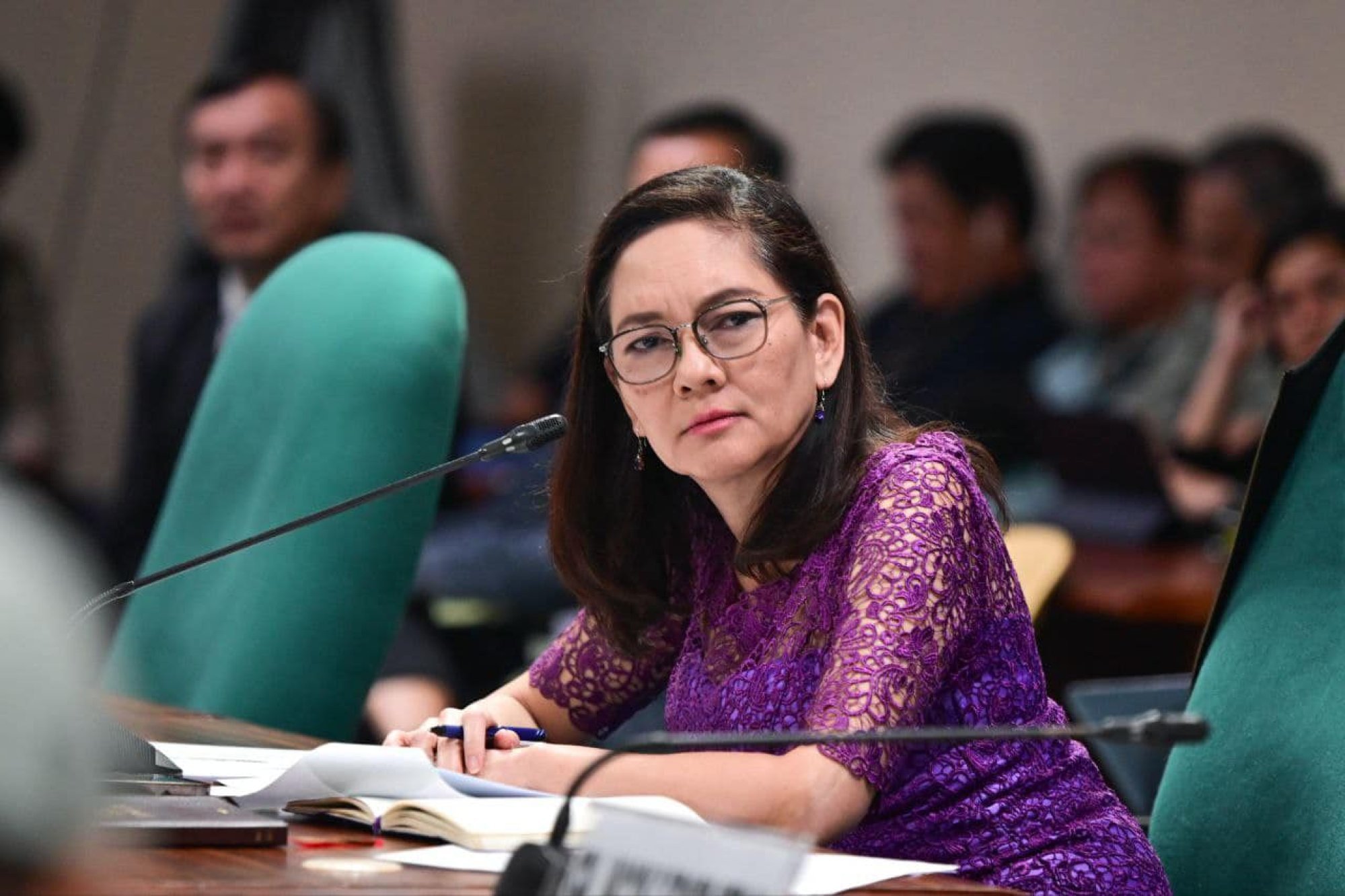
Will Philippines’ proposed TikTok ban address concerns over China or curb free speech?
- The proposed law will empower the president to ban apps that could be used by ‘foreign adversaries’ to threaten national security
- An academic says she is against the TikTok bill as it could open a Pandora’s box of other bans that violate freedom of speech
On Thursday, House deputy majority leader Bienvenido Abante filed a bill proposing a law – or An Act Regulating Foreign Adversary Controlled Applications – that would empower the president to identify countries that are “foreign adversaries of the Philippines” and impose a ban on digital applications that such adversaries could use to “infiltrate” and threaten national security.
Abante’s bill defines a foreign adversary-controlled application as any technology application operated by a company controlled by a foreign adversary.
In the explanatory note of the bill, Abante said “lawmakers and regulators in the West have increasingly expressed concern that TikTok and its [Beijing-based] parent company ByteDance may put sensitive user data, like location information, into the hands of the Chinese government. They have pointed to laws that allow the Chinese government to secretly demand data from Chinese companies and citizens for intelligence-gathering operations.
The congressman representing the capital city of Manila noted that India had already banned TikTok and other Chinese-owned apps, “claiming in part that they were secretly transmitting users’ data to foreign servers”.

Abante’s bill would not only ban Tiktok but also the ownership of Chinese corporations in critical infrastructure in the Philippines such as power and telecommunications. He specifically identified stakes held by Chinese companies in Dito Telecommunity and the National Grid Corporation of the Philippines.
TikTok is very popular in the Philippines, with an estimated 49 million users as of January, according to data from German data-gathering platform Statista, or about 43 per cent of the country’s estimated population as of end-2023.
Abante has no official TikTok account but the Metropolitan Bible Baptist Church, of which he is a pastor, has 4,057 followers.
Opposition senator Risa Hontiveros, whose TikTok account has 755,500 followers, was asked during a Foreign Correspondents Association of the Philippines forum in March 2023 whether she favoured banning TikTok.
Hontiveros said her Senate office had given awards to three TikTokers for creating “content to promote gender sensitivity and women empowerment on that platform”.

She said it was important for the government to engage with companies including TikTok to fight scammers and human traffickers who use the platform.
When asked whether the Philippines should be concerned about reports that China might be using TikTok to spy on foreign governments, Hontiveros said: “It should be a concern for us, if we are concerned about state-owned enterprises of China in our grid, in our telecoms, and our social media platforms.”
She added: “Chinese companies operating abroad are obliged by Chinese intelligence laws and counter-espionage laws to provide information to Beijing on request and they may not refuse.”
Retired Supreme Court Justice Antonio Carpio told This Week in Asia he supported the ban.
He pointed out that “this will violate the Philippine Data Privacy Law which requires the consent of the users before their private data can be released to anyone unless there is a [Philippine] court order”.
He said: “TikTok will keep the data of Filipino users in China, beyond the reach of Filipino users and Philippine courts.”
University of the Philippines political science professor Jean Franco said the proposal banning TikTok was a complicated matter involving national security and free speech.
Franco told This Week in Asia she was unsure how the issue could be resolved and said: “I do not support this ban because it violates freedom of speech. Banning it might lead to banning other forms or modes of speech. So a ban is dangerous. The government must instead promote responsible use of social media.”
Even without such a ban, the government has taken measures to guard against official data leaks.
Several government entities, such as the Philippine National Police and the Armed Forces of the Philippines, have issued guidelines telling their personnel not to use TikTok on government-issued phones.
In September last year, the National Security Council’s Assistant Director-General Jonathan Malaya announced the advisory body had formed a “task force” to study the implications of TikTok use by government employees particularly those in the security sector.


